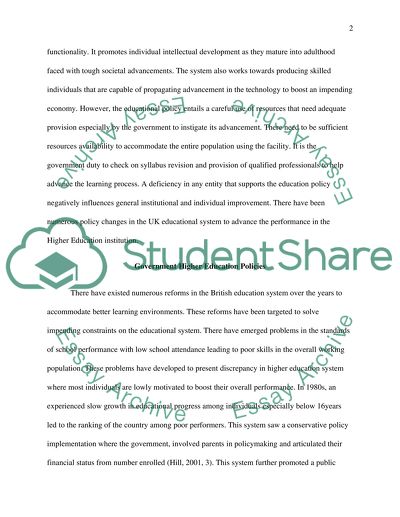Cite this document
(“Government Higher Education Policies Essay Example | Topics and Well Written Essays - 1750 words”, n.d.)
Retrieved from https://studentshare.org/history/1441022-governance-and-public-policy-education-policy
Retrieved from https://studentshare.org/history/1441022-governance-and-public-policy-education-policy
(Government Higher Education Policies Essay Example | Topics and Well Written Essays - 1750 Words)
https://studentshare.org/history/1441022-governance-and-public-policy-education-policy.
https://studentshare.org/history/1441022-governance-and-public-policy-education-policy.
“Government Higher Education Policies Essay Example | Topics and Well Written Essays - 1750 Words”, n.d. https://studentshare.org/history/1441022-governance-and-public-policy-education-policy.


